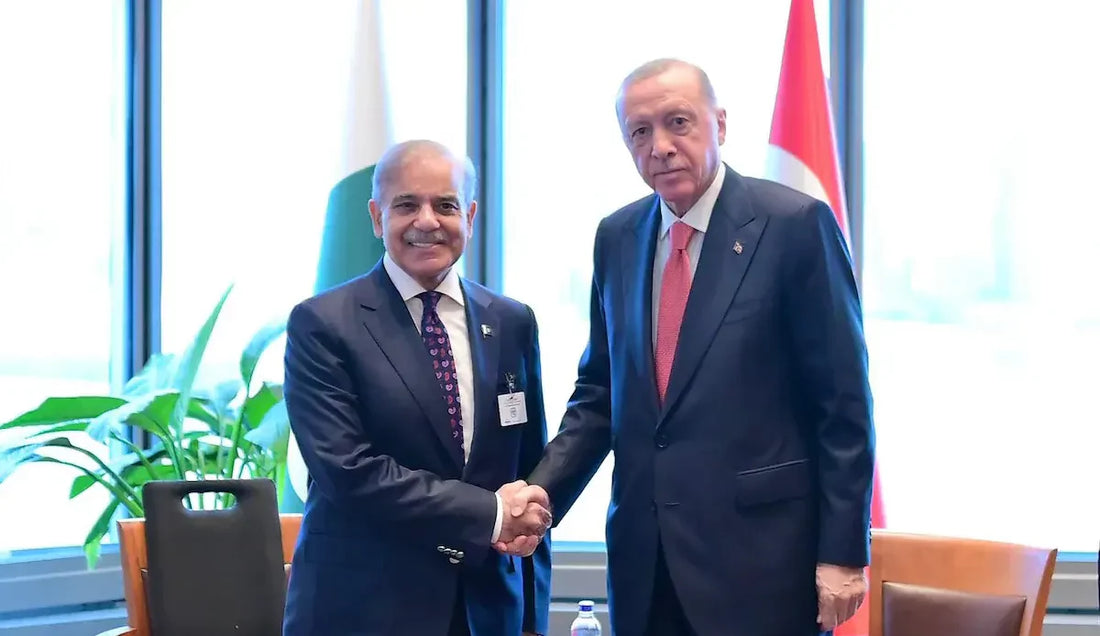Turkey and Pakistan Update Drone Deal Following Operational Challenges Against India

Turkey and Pakistan have agreed to modify a $900 million agreement involving drones and munitions to address performance issues encountered against India during Operation Sindoor. The decision follows a series of discussions conducted since the conflict in May 2025, aimed at restructuring the pact to enhance operational efficiency.
Under the revised agreement, sources indicate that Pakistan will acquire advanced Turkish drones including the Bayraktar TB2 and AKINCI UAVs, alongside more than 700 Turkish-manufactured loitering munitions. These additions are intended to boost Pakistan's precision-strike and surveillance capabilities, following criticisms over the effectiveness of Turkish-origin UAVs that were neutralized by Indian air defenses.
The drive for modernization arises from Pakistan's failure during India's aerial offensive on terror launch pads, where drones of Turkish and Chinese origin reportedly struggled against India's multi-layered air defense systems. This prompted Ankara and Islamabad to swiftly re-evaluate tactics, hardware, and collaboration strategies.
Baykar, a prominent Turkish defense company, has recently conducted successful tests of its AI-enhanced KEMANKE 1 smart cruise missile in the provinces of Tekirdağ and Edirne. The trials showcased the missile's enhanced strike accuracy, which is expected to be included in future deliveries as part of the updated agreement.
In early July, Turkish Foreign Minister Hakan Fidan and Defence Minister Yasar Guler engaged in high-level talks in Islamabad with Pakistani leaders, including Prime Minister Shehbaz Sharif and Field Marshal General Asim Munir. Discussions centered on bolstering defense cooperation, technology transfer, and intelligence sharing. Indian intelligence agencies interpret these talks as an indication of a broader strategy to strengthen regional ties against India.
The drone agreement is also linked to Turkey and Pakistan's ambition to increase bilateral trade to $5 billion by the end of 2025, integrating economic collaboration with strategic defense efforts. Experts suggest that the renewed focus on unmanned systems and loitering munitions reflects a long-term strategy to counter India's expanding military capabilities and domestic defense production.
Once finalized, the revised agreement is anticipated not only to supply more advanced drones but also to enhance joint military planning, training, and electronic warfare capacities between Turkey and Pakistan.



















